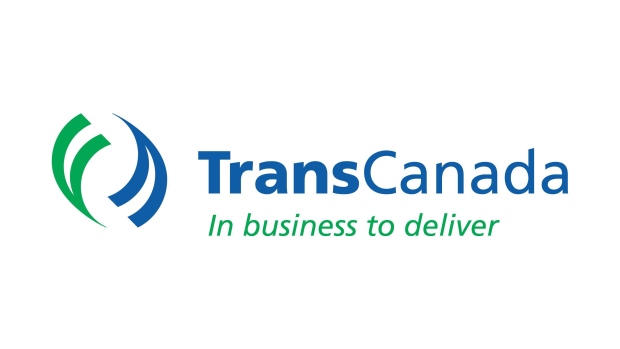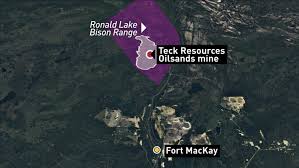Hyndman Papers- -NEP “Casualty Reports” January 1981
The following paper comes out of Treasurer Lou Hyndman's files from January 1981 - about 80 days after the National Energy Program was announced.
The document originates from the Canadian Association of Oil Drilling Contractors (C.A.O.D.C.). The document is a list of rigs idled and jobs lost and projected jobs lost in the oil patch. The language is fairly neutral but the term "casualty list" conveys a great deal of worry within the oil servicing industry. Also the time since the NEP is locked in people's memory as a term like Anno Domine (A.D.). This usage highlights a sense of an oilpatch entering into a totally different world.
Bulletin
C.A.O.D.C. Casualty Report NO.2
Issued 1981 January 05 (NEP +69)
Since the publication of the National Energy Program on 1980 October 28 (NEP Day) t...









